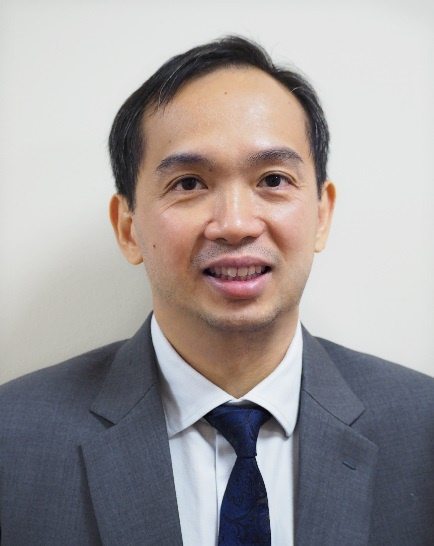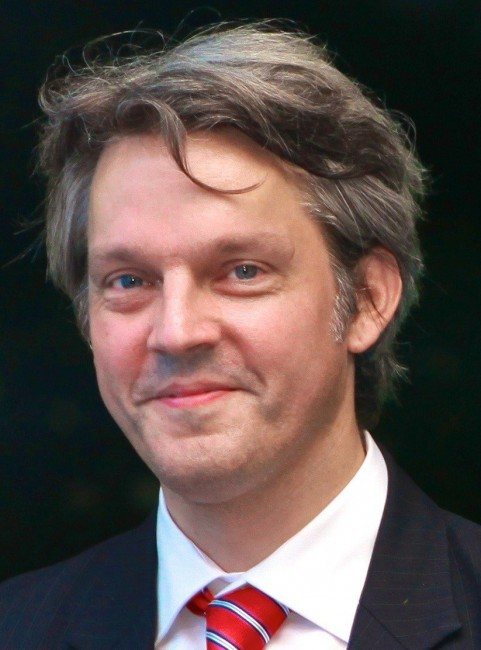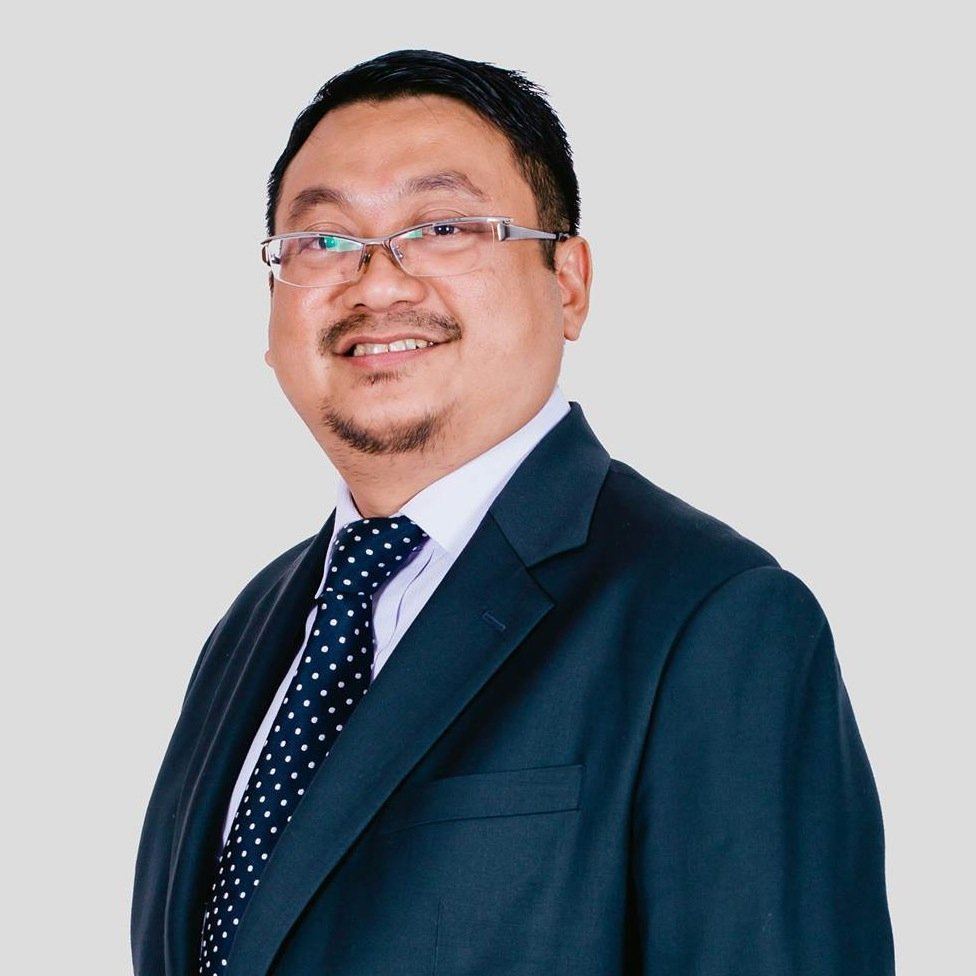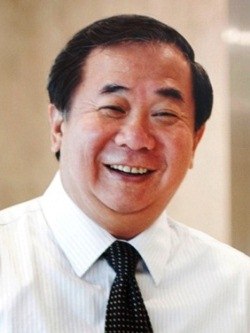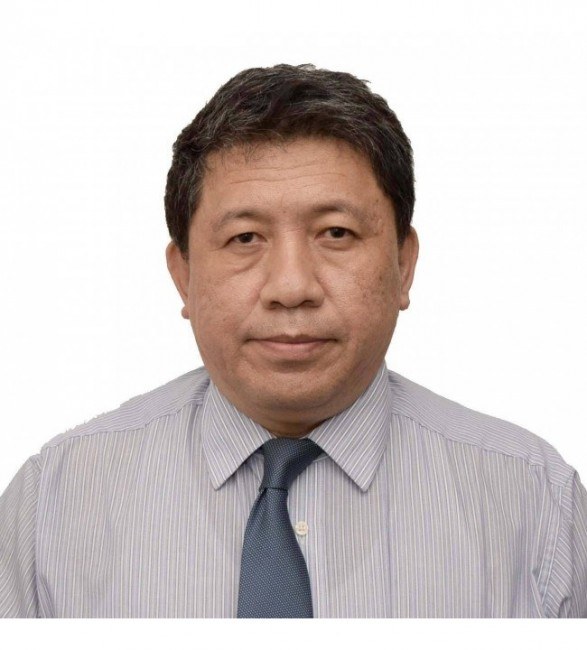
Startup My City: Smart and sustainable cities in ASEAN is a research programme from The Economist Intelligence Unit (EIU) sponsored by Hitachi, which examines sustainable and smart city initiatives in 20 cities across ASEAN (Bandung, Bangkok, Danang, Davao City, Ho Chi Minh City, Jakarta, Kuala Lumpur, Manila, Siem Reap, Singapore, Yangon) and Asia-Pacific (Auckland, Chennai, Hong Kong, Melbourne, Mumbai, Seoul, Shanghai, Taipei, Tokyo).
The EIU formed an advisory board, comprised of five experts on smart and sustainable cities, who helped to curate the list of 20 cities for this report and provided advice and input throughout the research programme.
The advisory board consisted of the following experts:
Tan Kok Yam
Head, Smart Nation Programme Office, Prime Minister's Office, Singapore
Tan Kok Yam is the Head of the Smart Nation Programme Office in the Prime Minister's Office. In this role, he coordinates the Singapore Government's plans, and engagement with the public and private sectors to use information technology in a concerted, integrated manner to achieve maximum positive impact to citizens.
Mathias Steck
Executive vice president, regional manager Asia Pacific energy and renewables advisory, DNV GL Energy
Mathias Steck has 13 years of experience in the renewable energy industry. His team of 150 experts across the region deliver advisory services to the energy value chain including renewables and energy efficiency. Their expertise spans across onshore and offshore wind power, solar, conventional generation, transmission and distribution, smart grids, and sustainable energy use, as well as energy markets and regulations. Mr Steck has co-authored a number of technical papers which covered research on reclassification of steel failures and the development and construction of wind turbines on land and at sea.
Amirudin Bin Abdul Wahab
Executive vice president, regional manager Asia Pacific energy and renewables advisory, DNV GL Energy
Amirudin Abdul Wahab is currently the CEO of CyberSecurity Malaysia, a strategic agency under the Ministry of Science, Technology and Innovation (MOSTI). He has 25 years of experience in ICT, telecom and IT sector in the Government and private sector. Dr. Amir has also served as Chairman of the World Trustmark Alliance, received an ASEAN Award as the Outstanding Chief Information/Security Officer and served as an OIC Task Force Member on ICT and Cyber Security.
Freddy Boey
Deputy president and provost, Nanyang Technological University, Singapore
Freddy Boey is Provost at Nanyang Technological University (NTU) in Singapore and previously the chair of NTU's School of Material Science and Engineering. Professor Boey heads NTU's efforts to go green and sustainable through large investments in research and the establishment of a partnership with the University of Vienna, the Austrian Institute of Technology (AIT), the Medical University of Vienna and crystalsol GmbH, an Austrian company that specialises in renewable energy.
Sangay Penjor
Director, urban and social sectors division, East Asia Department, Asian Development Bank (ADB)
Sangay Penjor is an experienced leader of water and urban sector teams at the ADB having processed 10 complex loan projects amounting to $1.2 billion over 15 years in the People's Republic of China (PRC), Mongolia, and India. Mr. Penjor has also been involved with water tariff reforms in the PRC and the establishment of a sustainable market-based housing finance and mortgage system in Mongolia. While in the Independent Evaluation Department, Mr. Penjor prepared a comprehensive evaluation study on the performance of ADB's Water Sector Policy and Operations, and ADB's Annual Portfolio Performance.
The research also draws upon a survey conducted in August 2016 of 2,000 citizens—100 from each of the 20 ASEAN and Asia-Pacific cities—all of whom were familiar with smart city initiatives operating in their city.
The EIU bears sole responsibility for the editorial content of this research. The findings do not necessarily reflect the views of the sponsor.



